8 nonfiction books to read this summer
A free daily email with the biggest news stories of the day – and the best features from TheWeek.com
You are now subscribed
Your newsletter sign-up was successful
Looking for a great nonfiction read? Below you'll find some of this summer's most recommended books. It's an eclectic bunch, including thought-provoking essays on race; two radically different explorations of animal obsession; revelations about the literary past; and considerations of how we might view — well, everything — differently in the future. Six are available now, with two to look forward to in August.
1. Everybody Behaves Badly: The True Story Behind Hemingway's Masterpiece The Sun Also Rises by Leslie M. M. Blume
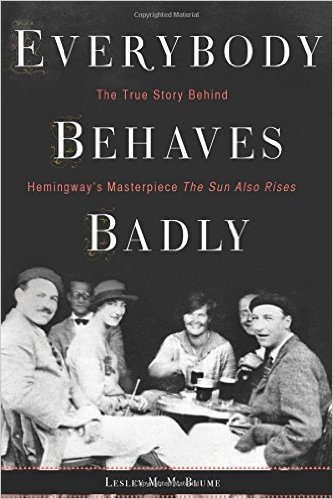
An actual visit to Pamplona, Spain, inspired Ernest Hemingway to write the novel that propelled him to literary stardom — and he ruffled more than a few feathers on his way there. Journalist Leslie M. M. Blume offers a focused look at Hemingway's transformation from journalist and promising young author to literary sensation. She spends time on Hemingway's developing style and influential mentors (many of whom he later spurned) and, later, on the book's contract negotiations and editing, in which F. Scott Fitzgerald played a significant role. The seminal trip itself took place in 1925, and readers today may not realize the resulting book was a thinly veiled, juicy account of semi-celeb ex-pats drinking, fighting, and romancing. But Hemingway's coup was elevating "all of that bad behavior and gossip into high literature," Blume told NPR. "And with this material, he created the first work of commercially successful modern literature."
The Week
Escape your echo chamber. Get the facts behind the news, plus analysis from multiple perspectives.

Sign up for The Week's Free Newsletters
From our morning news briefing to a weekly Good News Newsletter, get the best of The Week delivered directly to your inbox.
From our morning news briefing to a weekly Good News Newsletter, get the best of The Week delivered directly to your inbox.
2. Being a Beast: Adventures Across the Species Divide by Charles Foster
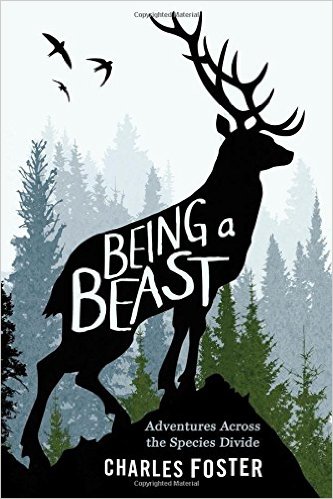
Total immersion. That's what English naturalist and veterinarian Charles Foster sought in this unusual work that attempts to understand what it feels like to be an animal in the wild. Thus, to inhabit the life of a badger, Foster ate earthworms and roadkill (the latter he cooked, blessedly) and spent about six weeks living underground in a Welsh hillside. As part of his experience of deer-ness, he arranged to be hunted by bloodhounds. He also spent time in the worlds of swifts, foxes, and — for him the most loathsome — otters. The book mixes neuroscience, psychology, nature writing, and memoir, ultimately building "the case that it is important and, indeed, oddly humanizing to try to get close to nature," wrote Dwight Garner in The New York Times. "You may find yourself in agreement while being glad it's him out there, not you."
3. But What If We're Wrong? Thinking About the Present As If It Were the Past by Chuck Klosterman
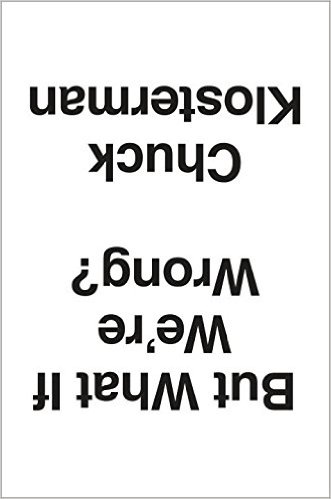
As the title implies, cultural critic Chuck Klosterman's latest collection is an exercise in intellectual imagining: How will our modern world appear to those for whom it will be the distant past? No corner of life or contemporary ideology is safe from his gaze. Are sports destined to go by the wayside? How will rock 'n roll be remembered, and who will be as emblematic of the genre as John Philip Sousa is of marching music? Is it possible that we overrate democracy? How certain are we about gravity? (After all, Newton upended Aristotle's belief that everything was in its "natural place," only to have Einstein re-characterize the force as a warping of time and space.) The author enlists an array of experts and creative thinkers to help him think through his questions, among them George Saunders, David Byrne, Neil deGrasse Tyson, and Richard Linklater.
A free daily email with the biggest news stories of the day – and the best features from TheWeek.com
4. Diane Arbus: Portrait of a Photographer by Arthur Lubow
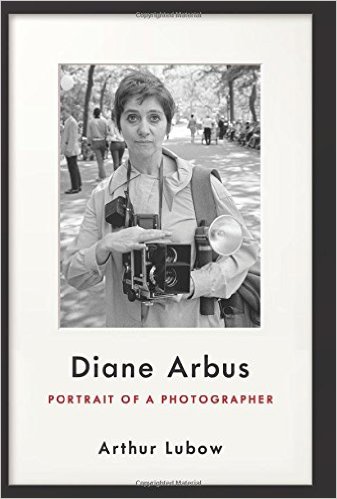
The life of Diane Arbus, like her work as a photographer, fascinates and disturbs — and writer Arthur Lubow addresses both in intimate detail in this hefty new biography. Arbus, who committed suicide at 48 in 1971, was born to a family that made its wealth in furs and, later, she teamed with husband Allan Arbus to run a successful fashion photography business. Eventually Arbus gravitated to the solo work where she found expression of her true interests. These were the stark photos of identical twins, transvestites, circus dwarfs, nudists, and other outsider types that brought her renown as an artist. Throughout her life, turbulence roiled: She suffered from depression, was sexually freewheeling, and had an incestuous relationship with her brother. The Arbus estate wouldn't grant photo reproduction rights, so Lubow works without visual illustration; an array of interviews and additional sources otherwise fill in the picture.
5. The Dragon Behind the Glass: A True Story of Power, Obsession, and the World's Most Coveted Fish by Emily Voigt
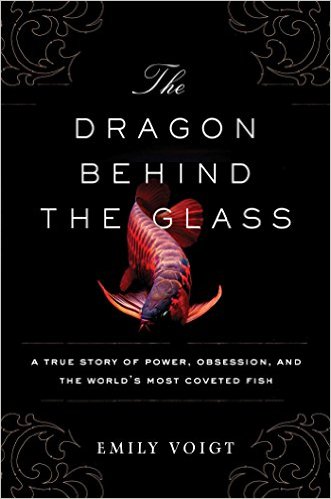
An aquarium fish that can sell for $150,000, and which has supplied a motive for murder — this is the shocking world of the Asian arowana, or "dragon fish," revealed by journalist Emily Voigt in her debut book. The ancient, aggressive species carries enormous cultural cache in the East, where it is bred on fish farms and revered as a symbol of luck and status. In the U.S., it's protected by the Endangered Species Act but sold on a thriving black market. Voigt's reporting takes her from New York to Southeast Asia, as she explores the nature of this piscine fascination and the ethics of exotic animal collection. Guiding her are characters like Kenny the Fish, the reigning head of South Asian aquaculture, and ichthyologist Heiko Bleher, the "Indiana Jones of the tropical fish industry." Throughout, the line between observer and obsessive slowly blurs, as Voigt becomes caught up by the desire to see one in the wild.
6. Shrill: Notes from a Loud Woman by Lindy West
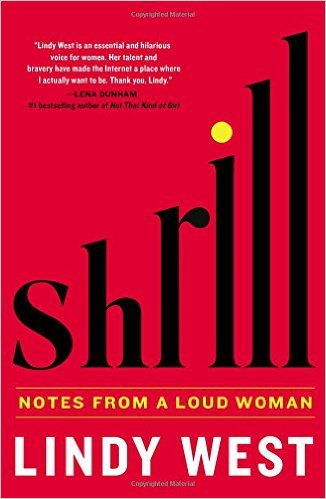
There are many reasons to know Guardian columnist Lindy West. Perhaps you heard her speak out against rape jokes in a televised debate with comedian Jim Norton; or maybe you heard the This American Life segment where she describes her experience with an internet troll who impersonated her late father. But even if her name is unfamiliar, there are many reasons to pick up this memoir, which charts West's path to becoming one of the most distinctive and funny voices in feminist politics today. Her reflections on the aforementioned experiences are just some of the stories she tells. She also talks about her shy and self-loathing teenage self; her struggle with body acceptance ("fat" is the word she prefers); having an abortion; and her father's death. "I wrote the book that I needed 15 years ago, that I didn't have," West told The Seattle Times.
7. The Fire This Time: A New Generation Speaks About Race by Jesmyn Ward (August 2)
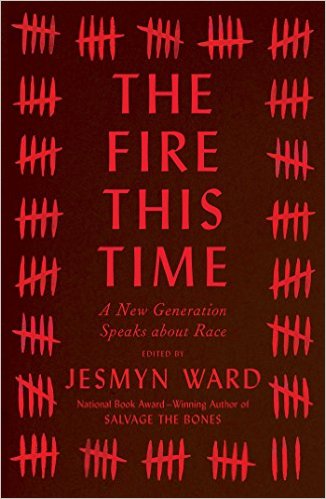
Inspired by James Baldwin's landmark 1963 work of the same name, National Book Award winner Jesmyn Ward has convened 18 writers on the subject of race in America, asking them "to dissent, to call for account, to witness, to reckon." The result — a collection of works by poets, educators, authors, journalists, and critics — considers topics from the poetry of Phillis Wheatley, the first published African-American poet, to the music of hip-hop duo OutKast. Many pieces respond to racial violence, invoking the tragedies of Trayvon Martin, Michael Brown, Tamir Rice, and others. Consider Abner Louima, a Haitian immigrant who was brutalized in a Brooklyn police station in 1997 and asked by novelist Edwidge Danticat how it feels whenever he learns that a black person has been killed by police. His answer: "It reminds me that our lives mean nothing." Among the other contributors are Carol Anderson, Natasha Trethewey, Jericho Brown, and Kevin Young.
8. I Contain Multitudes: The Microbes Within Us and a Grander View of Life by Ed Yong (August 9)
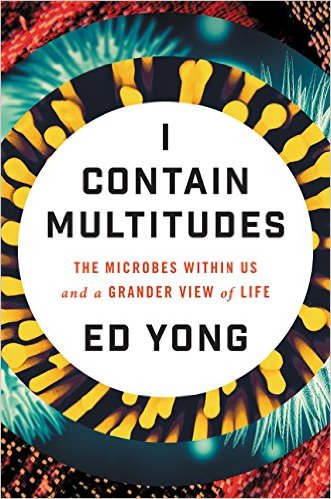
Germophobes may want to brace themselves for this book about the microbiome, the collection of microorganisms that live on and within animals — including the tens of trillions of microbes that cozy up with we humans. But understanding that there's nothing to be squeamish about is much of the point. British journalist Ed Yong's central conceit is that we need to move past the belief that bacteria are inherently bad and understand the beneficial role they play in the lives of most organisms. Yong introduces readers to some of the most important researchers in the field and uses their work to illuminate microbes' wide-ranging roles (among other things, they help with digestion, reproduction, and regulating the immune system). The author excels at "navigating the large body of research related to the microbiome without overselling its curative potential or sacrificing any of the deliciously icky details, and he delivers some of the finest science writing out there," said Kirkus Reviews.
Alexis Boncy is special projects editor for The Week and TheWeek.com. Previously she was the managing editor for the alumni magazine Columbia College Today. She has an M.F.A. from Columbia University's School of the Arts and a B.A. from the University of Virginia.